[Image at top © Ruth Crafer]
Renowned for her acclaimed 2005 historical novel Labyrinth, British author Kate Mosse has spent decades captivating readers around the world and across 37 languages. Not confined to historical fiction, Mosse’s literary prowess transcends boundaries to encompass an array of genres, from the atmospheric depths of Gothic novels to insightful non-fiction books. And her influence extends beyond her own storytelling: Mosse is a co-founder of the esteemed Women’s Prize for Fiction (as well as its non-fiction sibling), an initiative designed to bestow much-needed recognition on women writers.
We caught up with the literary powerhouse to gather insights on her creative process, her feminist perspectives, and her aspirations for the Women’s Prize. Read on to find out what she had to say.
Before you were a writer, you worked in publishing. How did you make the transition, and how do you feel that experience affected you as a writer?
I studied English at university, and all that I knew, really, was that I’d like to do something to do with books. If I could’ve been paid to just sit around and read, I would’ve done that. But I’m of an age where every woman did secretarial training, so when I left university, I started to work as a temporary secretary and was sent to a publishing company.
That’s how it started. It was random, really, that I was sent there. I really enjoyed it, even though I always knew it wasn’t what I wanted to do. To be the CEO of a publishing company wasn’t my endgame, yet it was a wonderful environment to be in.
In the years that followed, in becoming a writer, it was very helpful. I was taught professionally how to edit, which means that when I started to write myself, I knew how to construct a book. I knew how you had the big arch of the storyline, the subplot underneath, how to handle the material. It was incredibly helpful having had that very rigorous training when I was younger.
In your writing, you put landscape and setting first. How do you approach your research? It seems like such a huge undertaking.
Yes, it is, actually (laughs). I just delivered my latest novel a couple of days ago and brought to an end 12 years of researching and writing this particular series of books. I’m looking forward to a rest, it’s true.
To me, there’s a sense that all of the work is a mixture of landscape and history and mystery. I let the place choose me. The inspiration for my fiction came from being in a place called Carcassonne, in the southwest of France. While I was there, I had an experience that I would describe as ‘whispering in the landscape’ – which is, as I’m walking through the landscape, I can very clearly hear voices, I hear a story for me in this place. There are many places in the world that I love, but the voices are silent, so it’s very specific. The whispering of the landscape is this sense of, I can immediately start imagining characters moving through this landscape. All of my historical fiction has imaginary characters against the backdrop of real history. So the research is a huge part of my process.
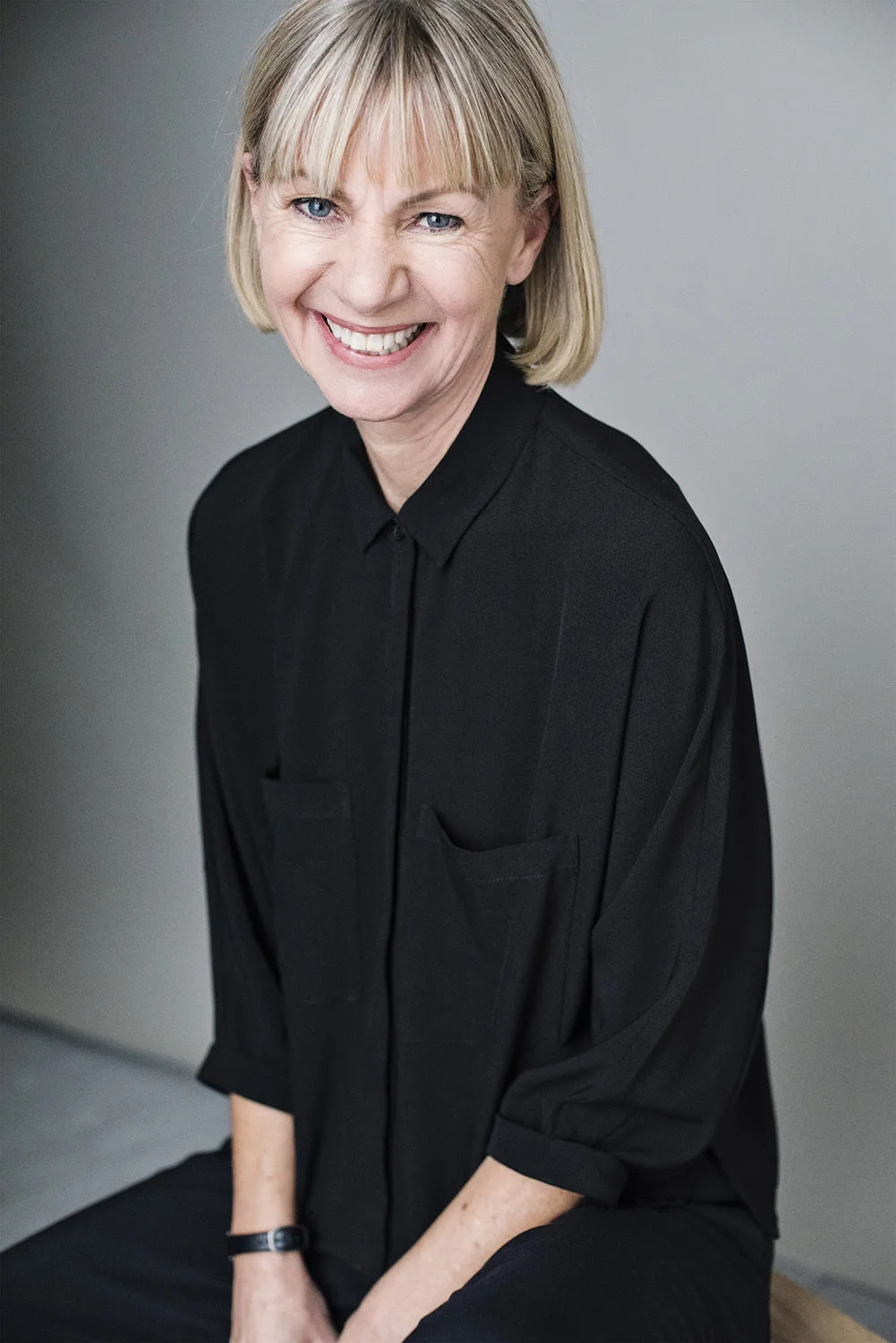
The thing about strong female protagonists is that all women are strong – this is not an unusual thing. When people say ‘no’ to strong female protagonists, I say, “Do you not know any women?”
Would you say it was a mixture of this voice calling to you in Carcassonne, and also this passion you have for feminism and strong female protagonists, that brought Labyrinth together?
Yes, that inspired it. The thing about strong female protagonists is that all women are strong – this is not an unusual thing. When people say ‘no’ to strong female protagonists, I say, “Do you not know any women?” Nobody says that for male protagonists, they just assume they will be strong.
So for me it’s the history, and knowing that women were as much a part of history as men were. It’s just their stories have not been written. It’s not distorting history or changing it, it’s just saying the lens has always been on the man. I’m going to tell that story, but the lens is on the women. That’s how the characters come, really, I just start to write and a character presents herself to me, and I say, “You’re my guide. You’re the woman whose story I’m gonna tell.”
As someone who’s written in different genres – from historical fiction to Gothic fiction, short stories and more – is there one specific way you go about your writing, or does it differ from one novel to another, from one genre to another?
That’s a lovely question. No, I think that stories choose their genre; books choose how they need to be told. Occasionally, I will have an idea and I will know, “well that is a play, that is something I will write as a play”, because that is the way this story needs to be told.
With my fiction, whether it’s historical, Gothic or non-fiction, the process is very similar. It’s a feeling, a place, the research, and out of that I start writing. Once I’ve done all the research, I know everything about the period of history, the landscape. I know the sort of story that I want to tell, and then I start. As I start writing, the tone reveals itself.
I know it sounds very vague, but that is what it’s like for me. As I write, the story reveals itself to me, so I never say, “Well, I’m gonna do this in chapter one, and this in chapter ten.” I have a sense of the big story, but otherwise I start writing my way into it. I learn about the characters through the writing of them.
Your work has been translated into many languages, and you’ve gained a lot of international acclaim. What is the translation process like? How heavily are you involved in it?
I’m incredibly thankful to be published into other languages. I feel that the sense of speaking to readers beyond your own immediate experience is incredibly important. That’s one of the reasons why I founded the Women’s Prize for Fiction, and why we have the Women’s Prize for Non-fiction – that sense of global audiences.
Truthfully, what you have to do in these circumstances is trust your publisher: your only control is to choose the right publisher. And people who, when you meet or talk to them, are fantastic, like my Spanish publishers at Planeta. When I meet the women there and we talk, we know that we share a sensibility, even if we have very different cultural backgrounds.
Every now and again, you realise a translation has not worked, and the reason you know is that either readers tell you or, more usually, when you’re doing interviews, the questions the journalists ask you make it clear that your book is different in translation. For example, years ago with Labyrinth, I was on tour in Japan. Labyrinth is a novel about war and the consequences of war, faith and the consequences of faith, yet every single question was, “So this is a love story?”
Obviously the translation can never be direct, we know this, but it had fundamentally changed the nature of the novel.
With so many popular books, do you dream of seeing any of them on the big or small screen?
Labyrinth has been made into a miniseries for television. It wasn’t great, I’m afraid.
There are discussions going on, but the problem with my books is that they are very big, and they are big in the numbers of characters you need. So I would enjoy seeing all of them on the screen, actually, but I want the screen version to be a representation of the book that readers will love.
Occasionally, I’m approached, or my agent is approached, and they’ll say, “We’d love to do this, but just this bit of the book,” or “We love this, but we think it would be better if it were male-female lead rather than a female lead.” My answer to that is always ‘no’. My readers come first, I write to be heard rather than to be seen.
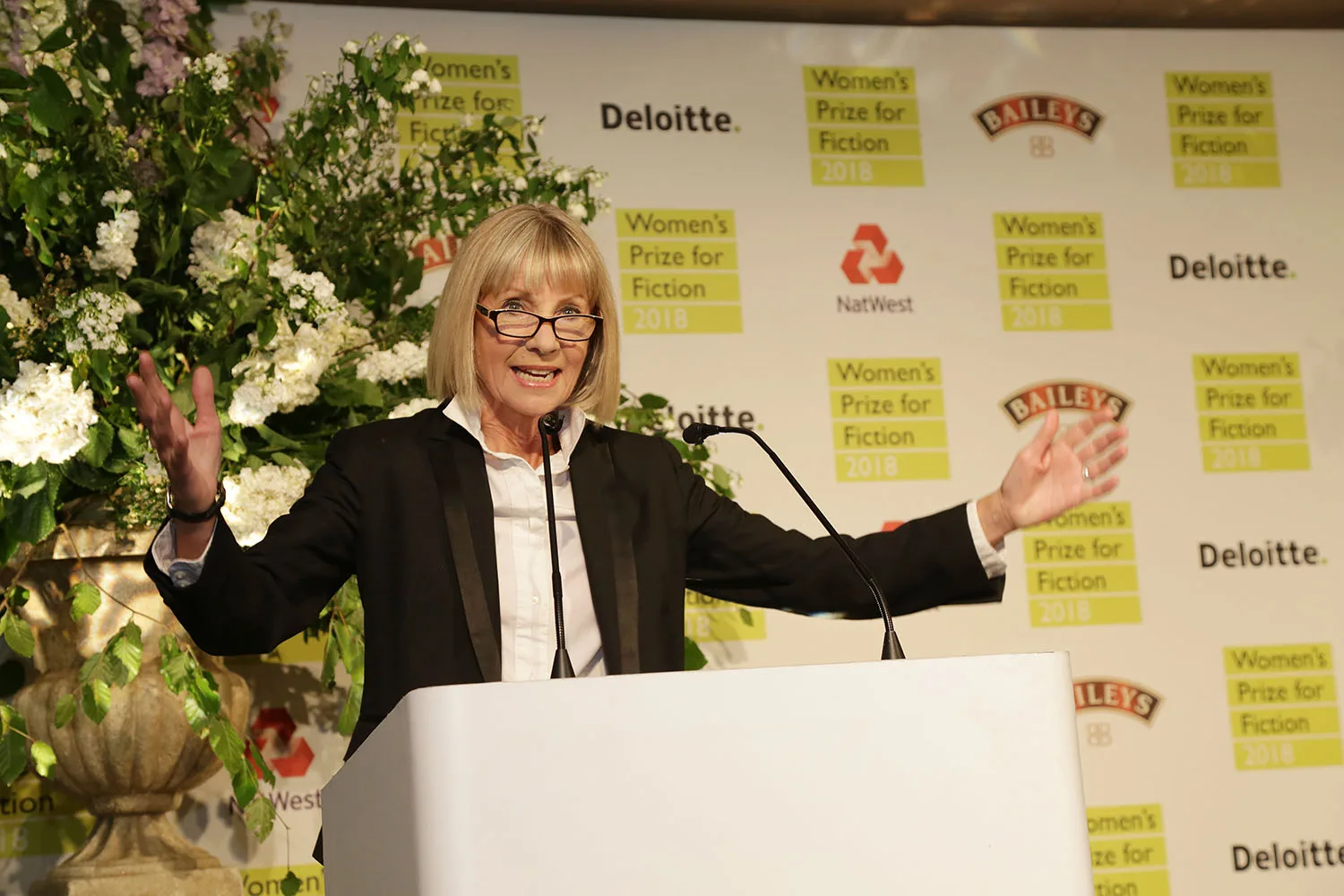
I’d like to discuss the Women’s Prizes for Fiction and Non-fiction, because your stories often explore the female experience and shed light on forgotten or overlooked histories. What motivates you to pursue these narratives? And regarding the Prize, do you find fulfilment in spotlighting writers who may have been overlooked?
The reason why I founded the Women’s Prize for Fiction, and now the Women’s Prize for Non-fiction, is simply that, although there were plenty of books by women being published, they were not being shortlisted for literary prizes – they were not being reviewed. In other words, they were still at the idea that literature with a capital L is created by men, and that is universal and neutral, and women’s work is for women, so it’s not valued or admired or honoured in the same way.
These ideas that men’s experiences are for everybody, but women’s experiences are just for women… Well, how about just treating everybody the same? There are so many amazing books by women out there, and prizes matter because they keep work of quality in the public gaze and on the shelf.
Things have changed, but they haven’t changed as much as people think they have. I also believe absolutely in a woman’s responsibility to lift up other women, that we stand shoulder to shoulder, we support other women coming up behind us, we get more chairs and a bigger table so that more women can be involved.
And I feel very strongly about nationality and ethnicity. Again, if you look like me, a white English woman, it’s not that hard to get published. But what about everybody else? The only way you can do it is to use your voice to make more space for women. That’s what the Prize is about.
I write to entertain, I write to be read. But I suppose the most important thing, whether it’s my non-fiction or my fiction, and certainly with both the prizes, is to just make it clear that women and men built the world together.
What advice would you give aspiring women writers who are looking to embark on this tough literary journey?
I think that the most important thing is to realise that the only thing in your control is the work. When you’re working on a text, you must keep working on it until you know you couldn’t do any more to make it better.
You also have to separate the experience of writing the book and your joy of your own writing from what then happens to it. Many books and many authors have their time, and it might just not be your time yet. But you can’t lose faith in your own work, it has to have integrity, you have to believe in it. If it’s not finding a publisher right now, you put that aside and you write something else, and you keep going. You don’t let other people determine how you feel about your work.
It might be in book three that a publisher says, “I love this,” and you say you’ve got two other books as well, and they say, “Really? Can I see those two?” There’s always the impression that everybody is getting huge deals overnight. It isn’t true. For most people it’s a slow business, but you have to hold your nerve and believe in your own work. And not let other people make you feel you’re doing the wrong thing
Looking back on your career, what do you hope your legacy will be? What impact do you hope your stories will have on future generations of readers?
I write to entertain, I write to be read. But I suppose the most important thing, whether it’s my non-fiction or my fiction, and certainly with both the prizes, is to just make it clear that women and men built the world together. That there have always been extraordinary women in the same way that there’s been extraordinary men. And that we cannot possibly know who we are and where we come from if we only tell half the story. So that, I suppose, is the legacy I’d like to leave. And that people enjoy reading my books.
To discover more about Kate Mosse and her work, visit her at katemosse.co.uk, and click here to take a look at this year’s longlist for the Women’s Prize for Fiction.

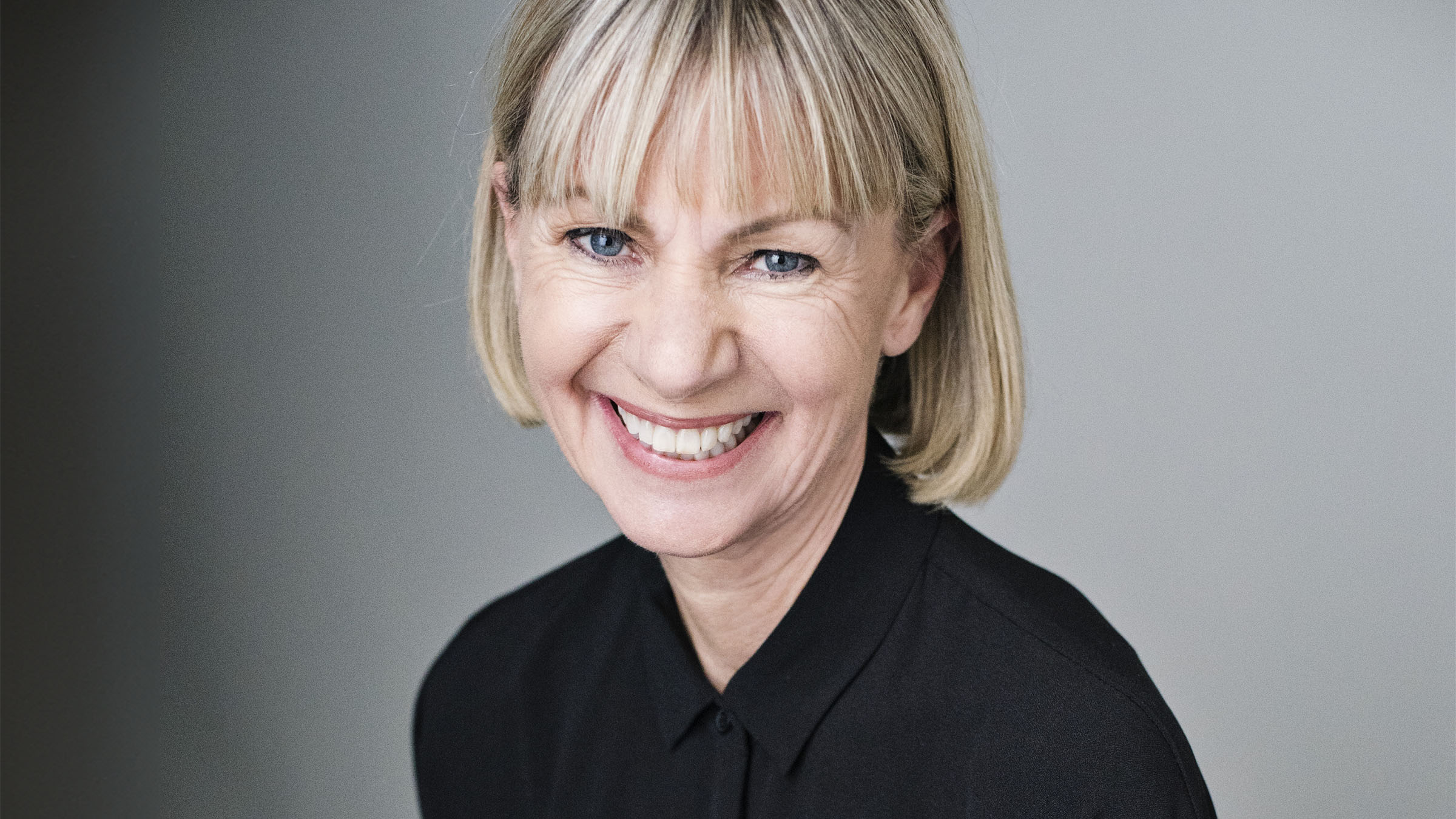


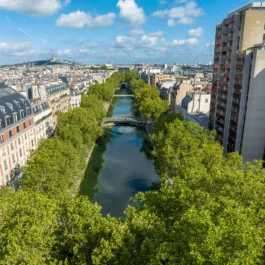
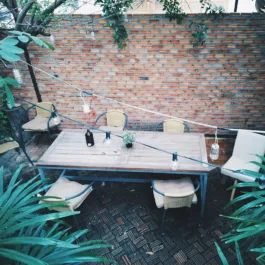
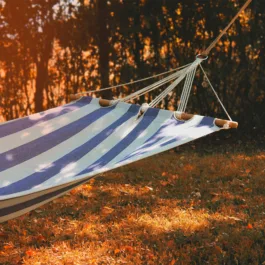

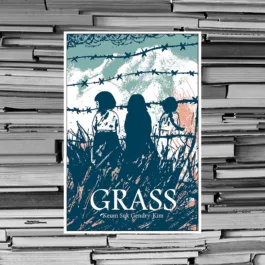
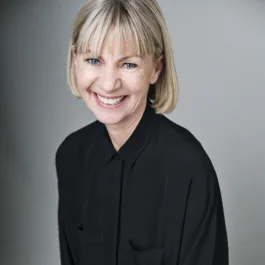

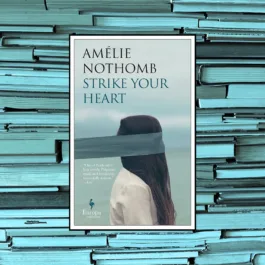
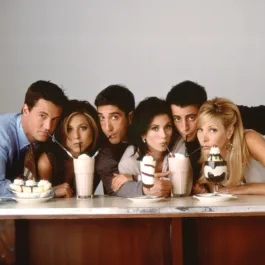
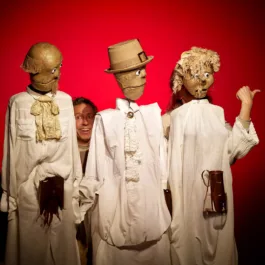
Sorry, the comment form is closed at this time.